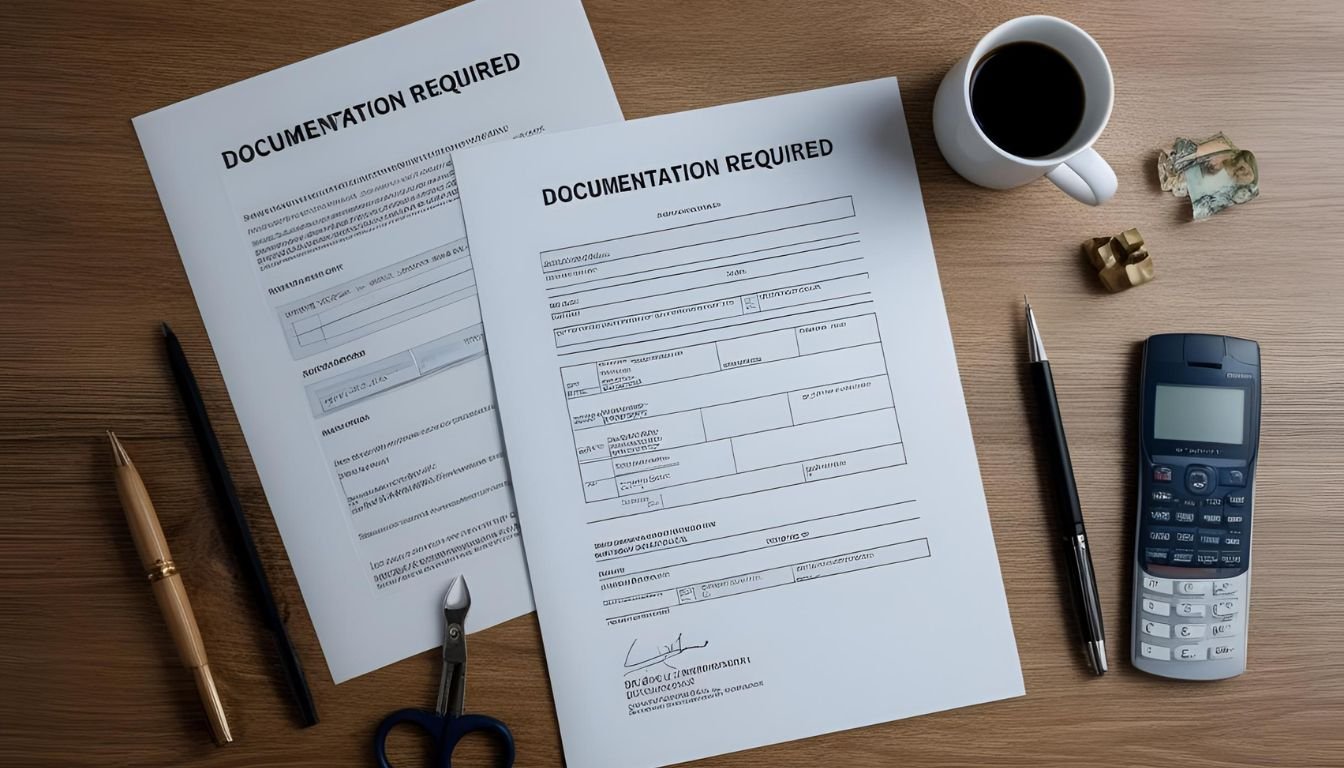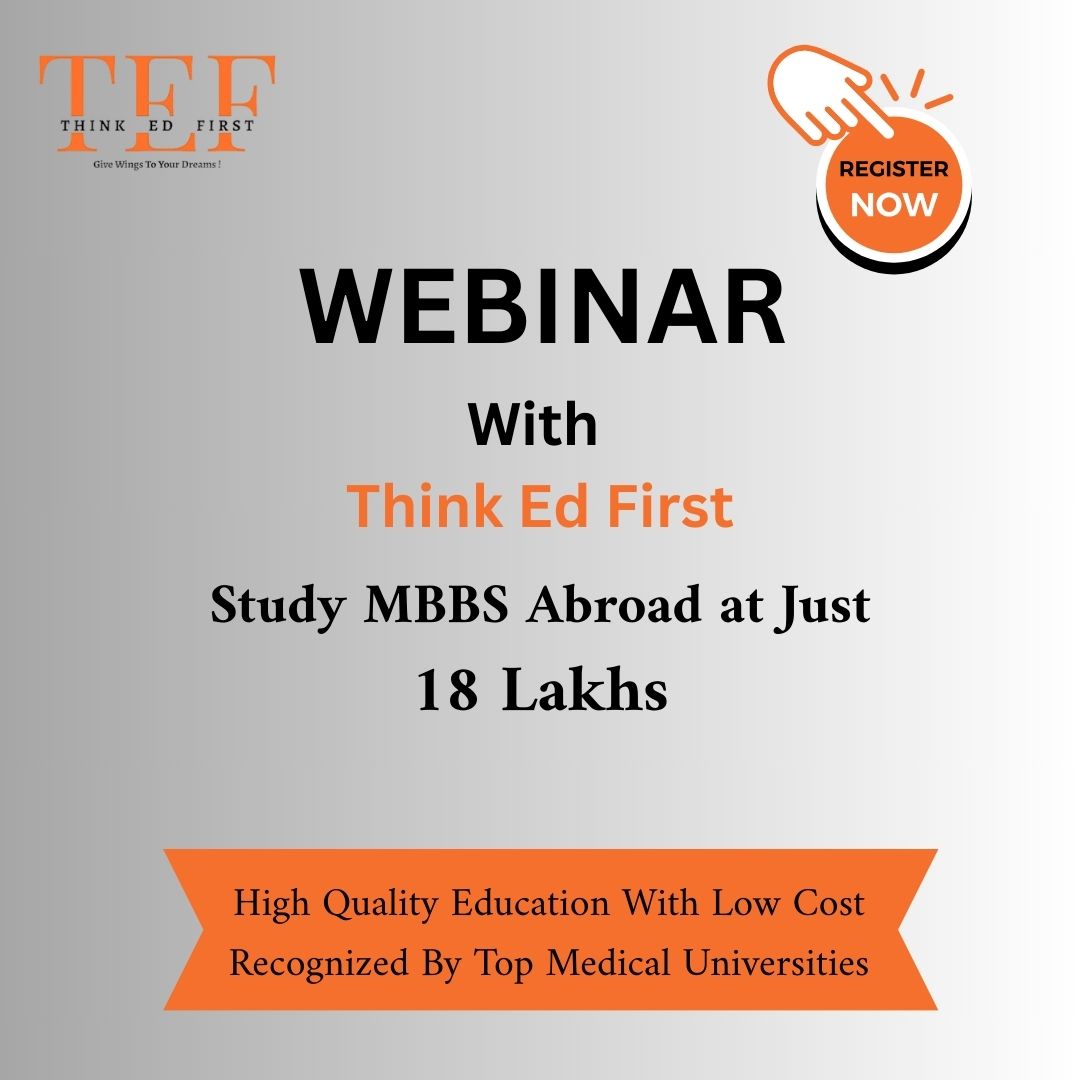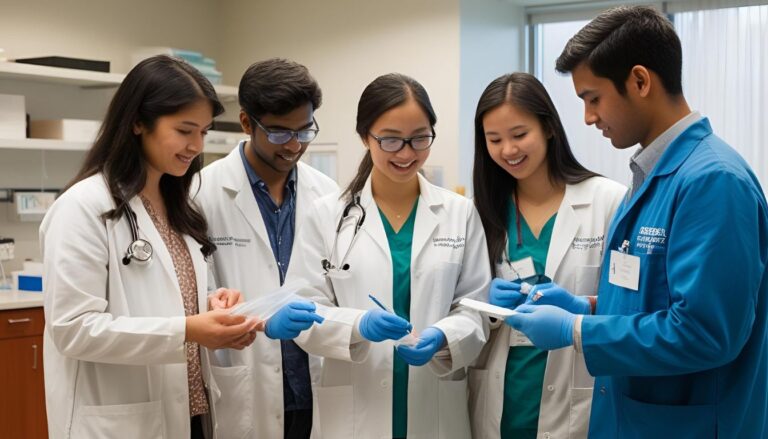Have you ever wondered what steps are essential for doctors to begin their careers in India? The process involves more than just earning a degree. It’s about meeting strict standards set by regulatory bodies to ensure patient safety and ethical compliance.
In India, the National Medical Commission (NMC) and State Medical Councils oversee the registration and licensing of doctors. These organizations ensure that every practitioner meets the necessary qualifications and adheres to updated regulations. For instance, the 2023 Registration of Medical Practitioners regulations introduced new requirements that every doctor must follow.
Proper preparation is key. Doctors need to gather specific documents, such as attested copies of their registration certificates, passport-sized photographs, and accurate contact details. These steps are crucial for smooth registration and maintaining professional credibility.
Understanding these requirements not only helps doctors start their careers but also ensures they remain compliant with evolving standards. Let’s explore what it takes to navigate this process effectively.
Understanding the Medical Licensing Process in India
Starting a career as a doctor involves more than just education—it’s about meeting regulatory standards. The process ensures that every practitioner is qualified and adheres to ethical guidelines. This section breaks down the key steps to help you navigate the system effectively.
Educational and Examination Requirements
To begin, aspiring doctors must complete an MBBS degree from a recognized institution. This includes a mandatory one-year internship and passing the National Exit Test (NEXT). These steps ensure that every practitioner meets the necessary qualifications.
Foreign degrees must also be verified through notarization and apostille procedures. This ensures that all credentials are recognized by the state medical council.
State Medical Council Registration
Once educational requirements are met, the next step is registration with the state medical council. This involves submitting documents like MBBS certificates, internship proof, and identity verification. Each state, such as Maharashtra, Karnataka, or Tamil Nadu, has its own application process.
- Step-by-step application submission
- Document verification and notarization
- Online tracking for application status
Section 27 of the IMC Act allows practitioners to work nationwide with a single-state registration. However, common rejection reasons include address mismatches or expired certificates. Once approved, practitioners are automatically enrolled in the Indian Medical Register.
Understanding this process ensures a smooth transition into professional practice. Proper preparation and attention to detail are key to avoiding delays or rejections.
Essential Documentation for Medical Practice License India
Navigating the requirements for professional registration can feel overwhelming, but it’s manageable with the right information. Proper preparation ensures compliance with state council standards and avoids unnecessary delays. Let’s break down the essential proofs and certificates you’ll need.
Academic Certificates and Internship Proof
Your academic credentials are the foundation of your registration. Ensure you have attested copies of your degree certificates and internship completion proof. These documents validate your qualifications and training.
For foreign degrees, notarization and apostille procedures are mandatory. This step ensures your credentials are recognized by the state council. Always double-check the requirements to avoid rejections.
Identity and Address Verification
Accurate identity and address proofs are critical for registration. Acceptable ID proofs include Aadhaar, passport, and voter ID with biometric verification. Ensure these documents are up-to-date and valid.
For address proof, notarized rental agreements are accepted if you’re operating from a rented space. If you own your clinic, property documents will suffice. Utility bills older than six months are not valid, so keep them current.
| Document Type | Accepted Proofs | Special Notes |
|---|---|---|
| Identity Proof | Aadhaar, Passport, Voter ID | Biometric verification required |
| Address Proof | Notarized rental agreement, Property documents | Utility bills must be less than 6 months old |
| Academic Proof | Degree certificates, Internship completion | Foreign degrees require notarization |
For foreign-returned practitioners, police verification is often required. Non-resident Indian applicants may have additional requirements, so it’s best to consult the state council for clarity.
By gathering these proofs and ensuring their accuracy, you can streamline your registration process and focus on providing quality care to your patients.
State-Specific Regulations and Compliance
Understanding state-specific rules is vital for compliance in the healthcare system. Each state medical board enforces unique regulations that practitioners must follow. These rules ensure that healthcare standards are met while addressing regional needs.
For example, Maharashtra requires additional malaria prevention certification for practitioners. Karnataka mandates a local language proficiency test to improve patient communication. These requirements reflect the diverse healthcare needs across states.
Here’s a comparison of documentation variations across five major states:
| State | Unique Requirements | Special Notes |
|---|---|---|
| Maharashtra | Malaria prevention certification | Focus on disease control |
| Karnataka | Local language proficiency test | Improves patient interaction |
| West Bengal | Bengali language proficiency | Required for state registration |
| Gujarat | Gujarati language proficiency | Needed for rural practice |
| Tamil Nadu | Additional tribal area certification | Focuses on underserved regions |
Regional language requirements vary significantly. West Bengal emphasizes Bengali proficiency, while Gujarat focuses on Gujarati. These rules ensure effective communication with local patients.
Practitioners working in tribal areas often need extra certifications. These focus on addressing the unique healthcare challenges in underserved regions. Compliance with these rules is essential for providing quality care.
Annual reporting obligations also differ by state. Practitioners must stay updated on deadlines to avoid penalties. Interstate patient referrals and telemedicine regulations are additional areas to consider.
By understanding these state-specific regulations, practitioners can ensure compliance and focus on delivering effective healthcare services.
Renewal and Maintenance of Your Medical License
Keeping your professional credentials up-to-date is essential for long-term success. Regular renewal ensures you stay compliant with evolving standards and continue providing quality care. Let’s explore the steps involved in maintaining your credentials effectively.
One key requirement is earning 30 Continuing Medical Education (CME) credits every five years. These credits help professionals stay updated with advancements in their field. Both the National Medical Commission (NMC) and state councils offer approved CME programs.
Online renewal has simplified the process. Through the NMC portal, you can submit your application, upload required documents, and track your status. Here’s a quick guide to the online renewal process:
- Log in to the NMC portal using your credentials.
- Complete the renewal application form with accurate details.
- Upload attested copies of your CME certificates and other required proofs.
- Pay the renewal fee online and submit your application.
- Track your application status through the portal.
Audit preparation is another critical aspect. Maintain detailed patient records and prescription logs for at least three years. These documents are essential for audits and demonstrate your adherence to professional standards.
In cases of license suspension, understanding the appeals process is vital. Submit a formal appeal with supporting documents to the state council. Stay informed about the reasons for suspension and take corrective actions promptly.
Integration with the National Digital Health Mission (NDHM) systems is now mandatory. Ensure your practice management software is compatible with NDHM standards. This integration enhances data sharing and improves patient care coordination.
| Requirement | Details | Notes |
|---|---|---|
| CME Credits | 30 credits every 5 years | NMC and state council programs |
| Online Renewal | NMC portal submission | Track application status online |
| Audit Preparation | Patient records, prescription logs | Maintain for at least 3 years |
| License Suspension | Appeals process | Submit formal appeal with documents |
| NDHM Integration | Practice management software | Ensure compatibility with NDHM standards |
By following these steps, you can ensure your credentials remain valid and compliant. Staying proactive in renewal and maintenance helps you focus on delivering exceptional care to your patients.
Conclusion
Ensuring compliance with regulatory standards is a key step for doctors to establish their careers. Staying updated with timelines and maintaining both digital and physical copies of essential documents is crucial. This helps avoid delays and ensures smooth processes.
Proposed changes under the National Health Policy 2025 aim to streamline licensing further. These updates will likely focus on digital integration and improved accessibility. Staying informed about these changes will help doctors adapt effectively.
For legal support in licensing disputes, resources like the National Medical Commission are available. They provide guidance and assistance to resolve issues promptly. Always keep a final checklist ready for application submissions to ensure all requirements are met.
By following these steps, doctors can focus on providing quality healthcare to their patients. Proper preparation and adherence to regulations are the foundation of a successful practice.





